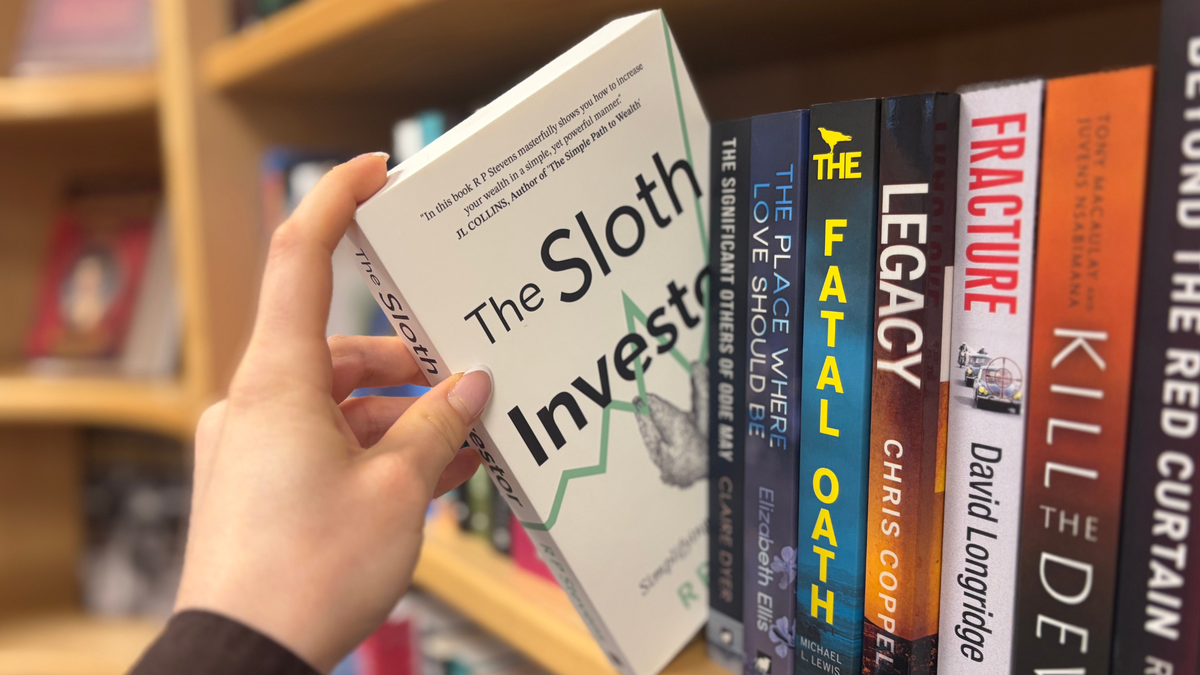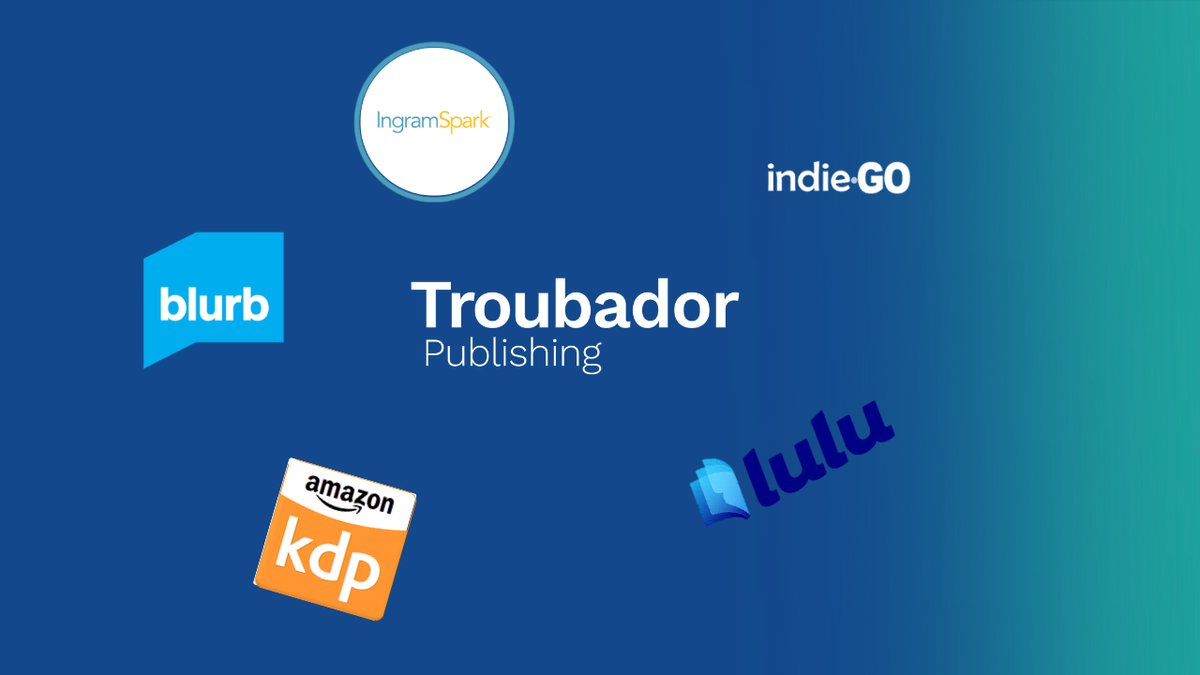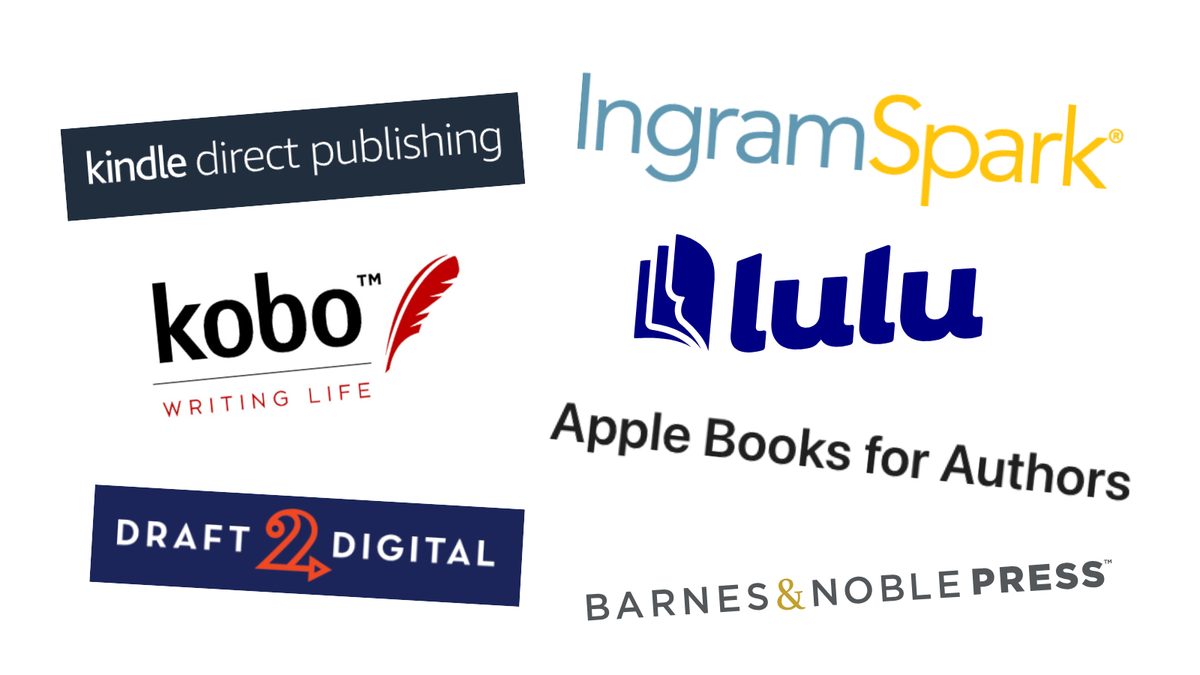
14th February, 2025
7 min read
How to Get Reviews for your Self-Published Book (Without Begging or Paying for Them)
Written by:
Chloe May
In today’s digital world, reviews play a crucial role in shaping purchasing decisions, especially when so much of our shopping happens online. Whether we’re buying gadgets, clothing or books, reviews provide social proof, helping potential buyers determine if a product is worth their time and money.
For self-published authors, reviews are even more essential – they not only build credibility and legitimacy but also serve as powerful marketing tools. A well-reviewed book stands a better chance of attracting new readers, gaining visibility and climbing the ranks on platforms such as Amazon and Goodreads.
In a crowded marketplace, where thousands of new titles are released every day, having a strong collection of reviews can make all the difference between a book that fades into obscurity and one that finds its audience. However, it can be difficult for authors to know where to start when searching for reviews – without coming across as needy or turning to paid-for options.
In this article, we’ll explore various strategies self-published authors can use to start gathering reviews and increasing their book’s visibility.
Include a call to action in your book or on marketing materials
A good place to start is by including a call to action at the end of your book, encouraging readers to leave a review. In your closing pages, take a moment to thank your readers for their time and support, remind them how important reviews are for independent authors and gently encourage them to share their thoughts – especially if they enjoyed the book! Be specific about where they can leave a review, whether it’s on Amazon, Goodreads or another platform. You can even provide a direct link to your book’s review page in the ebook version, making the process as easy as possible.
Beyond the book itself, you can reinforce this message through your promotional materials. If you're producing leaflets or bookmarks for book signings or events, include a brief call to action about leaving a review. A simple line such as, ‘Enjoyed this book? Help others discover it by leaving a review!’ can be a subtle but effective nudge.
Using social media to generate reviews
Your online presence is another key place to encourage reviews, and social media provides a powerful platform to engage with readers and remind them of the impact their reviews have. One effective approach is to share snippets of existing reviews to create social proof and encourage more readers to contribute. You can post a glowing review as an eye-catching graphic on Instagram, turn a compelling quote from a review into a tweet or share a screenshot of a thoughtful Goodreads review on Facebook.
Consider using social media stories and pinned posts to keep your request visible. On Instagram and Facebook, you can create a “Review Highlights” story where you feature reader feedback and include direct links to your book’s review pages. On X (formerly Twitter) and Facebook, you can pin a post at the top of your profile reminding followers how much their reviews matter.
Lastly, don’t underestimate the power of author-reader engagement. When readers comment on your posts, reply to them, thank them for reading, and build relationships. The more connected your audience feels to you, the more likely they are to support you by leaving reviews and spreading the word about your book.
NetGalley promotional opportunities
NetGalley is the most comprehensive book and ebook reviewing platform, used by publishers and independent authors alike to generate reviews for new titles. It serves as a digital distribution service where authors can upload their books and make them available to a community of reviewers, including book bloggers, librarians and passionate readers who actively seek out new titles to review.
For self-published authors, NetGalley can be an effective tool to generate early buzz and secure reviews before or shortly after a book's release. When you list your book on NetGalley, reviewers can request a copy in exchange for an honest review, which they often post on platforms like Amazon, Goodreads and personal blogs.
Independent authors can access a standard listing on NetGalley for a fee themselves, but at Troubador we can do a standard listing and other promotional opportunities on our authors’ behalf. If accepted by NetGalley, other promotional opportunities we can submit your book to include category spotlights (appearing on NetGalley’s homepage), dashboard spotlight (appearing on all member dashboards across the site) and entries into NetGalley’s newsletter. When your book receives a review on NetGalley, our Digital Marketing Controller will follow up with the reviewer directly to ask if they’d be happy to share these across other sites.
Approach book bloggers or organise a blog tour
Book bloggers can be a great resource for self-published authors looking to gain reviews and exposure. However, reaching out to them requires a thoughtful and professional approach to increase your chances of a positive response.
Start by researching book bloggers who review books in your genre. Many bloggers have a review policy on their website specifying the types of books they accept, preferred formats and how to submit a request. Read their guidelines carefully – ignoring them is a quick way to be rejected.
When reaching out, personalise your email. Address the blogger by name, mention why you think your book would be a good fit for their blog and show that you’ve read some of their previous reviews. A good pitch should be concise but informative, including your book’s title, genre, a brief synopsis and a link to where they can learn more. Offer a free copy in their preferred format but avoid pressuring them for a review.
Follow up politely if you don’t hear back after a couple of weeks, but respect their time. Building genuine relationships with book bloggers can lead to long-term support for your work, so approach them with professionalism and appreciation.
If you’re struggling to know where to start with contacting bloggers yourself, you may want to consider getting in touch with a professional blog tour organiser. Arranging a blog tour means sending copies of your print or ebook to book bloggers, who will be given a specific date for when they’ll write a piece about your book. Once the blog is live you’ll be able to see it and share it on social media.
You can expect to pay around £100 for a 7-day blog tour and you’ll likely be expected to cover the cost of delivering the books yourself, so you may want to consider offering a limited number of physical copies and sending the rest as ebooks.
Price drops and other ebook promotions
Running ebook price drops is a powerful way for self-published authors to attract more readers, which in turn can lead to more reviews. Temporary discounts – such as dropping your book to 99p – can increase downloads, helping your book reach a wider audience. Readers who pick up discounted or free books are often avid reviewers, especially if they regularly browse deals on platforms like Amazon, BookBub or bargain ebook newsletters, and by including a call to action in your book asking readers to leave a review, you can turn these promotional sales into valuable feedback that boosts your book’s credibility and ranking. Additionally, increased downloads can lead to more visibility in Amazon’s algorithms, further enhancing your chances of getting reviews.
If you choose to enrol your book in Kindle Unlimited, there are further opportunities for promotions exclusively through Amazon. Authors enrolled in KU can also take advantage of Kindle Countdown Deals and Free Book Promotions, both of which can lead to increased readership and review potential.
Giveaways
There are a multitude of ways authors can give away copies of their books for free or at a reduced price in order to increase the chance of receiving reviews. As few of these have already been discussed above, a few popular options with our authors include Apple Books Promo Codes which allow authors to give away free copies of their ebook directly to readers.
These codes are a great way to encourage readers to engage with your book while also incentivising them to leave a review afterwards. When distributing Apple Promo Codes, make sure to include a polite but clear call to action asking readers to leave an honest review on the Apple Books platform once they’ve finished reading.
Goodreads Giveaways are another opportunity that our authors have had success with in the past. By running a giveaway, you can generate interest in your book and attract readers who are willing to provide feedback. Goodreads members often participate in giveaways to win free books, but they also tend to be enthusiastic readers who enjoy reviewing what they’ve read. After the giveaway, many winners will feel motivated to leave a review, especially if they’ve won the book through a giveaway they were genuinely interested in. As with promo codes, make sure to include a polite request for reviews as part of your giveaway page, or follow up with winners to remind them to post their thoughts on the platform. Troubador author D.S. Getson cites a successful Goodreads Giveaway as one of the key factors in her book, Earl, Honey, generating over 1000 positive reviews on Amazon!
Conclusion
Getting more reviews as a self-published author requires a strategic and proactive approach, but the effort is well worth it. Reviews help build credibility, increase visibility and encourage more readers to take a chance on your book. By incorporating calls to action at the end of your book and in any promotional material and leveraging social media you can gently remind readers to leave feedback. Engaging with book bloggers and utilising promotional opportunities for ebooks are also great ways to attract more readers who are likely to review your work.
While reviews won’t appear overnight, consistency and relationship-building with your audience can lead to a steady stream of feedback. Keep putting your book in front of the right readers, make the review process easy and show appreciation for those who take the time to leave feedback. Over time, your efforts will pay off, helping your book gain the recognition it deserves.














